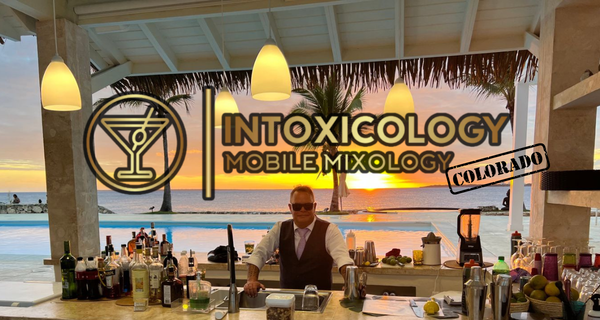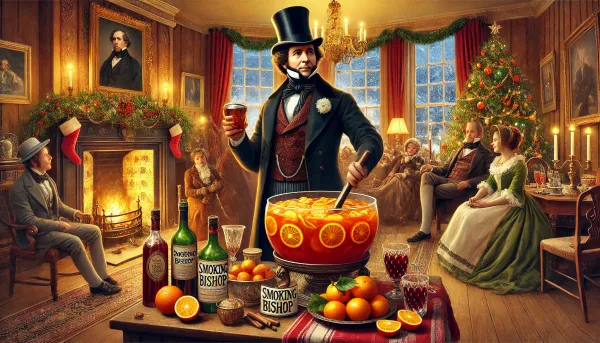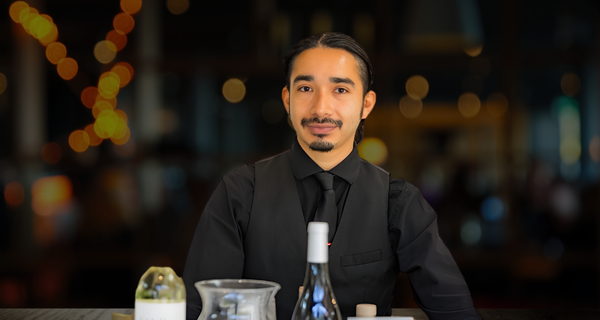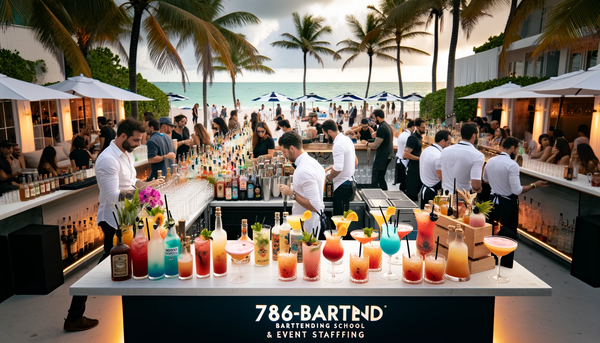A viral post just reopened one of bartending’s oldest debates — bartender or mixologist? Isaac Ergas breaks down where the tension really comes from, why the word “mixologist” isn’t new, and how true hospitality will always be what separates good service from great.
By Isaac Ergas, October 23, 2025
Table of Contents
A Misconception Rooted in Modern Culture
A recent post from @railzhospitalityy and @drankbywyn sparked another round of the hospitality world’s favorite debate: “Bartender or mixologist?”
She said:
“Bartenders have moved away from being hospitality and turned into mixologists, and I really do hate it when people call me that, because for me, calling yourself a mixologist takes the hospitality out of bartending.”
The clip struck a nerve — not because it was malicious, but because it touched something raw in our industry. The comment section quickly filled with every viewpoint imaginable: some praising the return to “true hospitality,” others defending the art of craft cocktails, and many reminding everyone that both can (and should) coexist.
The Word “Mixologist” Has Been Around Longer Than You Think
Let’s start here: mixologist isn’t a buzzword from the Instagram era. It’s a term that appears throughout classic cocktail literature from the late 1800s and early 1900s.
The very forefathers of our craft — Jerry Thomas, Harry Johnson, William Boothby, Ada Coleman, and countless others — proudly used it. They were mixologists and bartenders in the same breath: professionals who valued precision, presentation, and, above all, hospitality.
For them, mixology was never about ego. It was about mastery — the pursuit of excellence in flavor, balance, and technique, all while creating an experience that made the guest feel welcome. The word represented craft and care, not distance from the guest.
So when modern bartenders reject the word entirely, I can’t help but think we’ve lost sight of that context.
Maybe the Problem Isn’t the Word — It’s the Projection
A lot of people are reading too deeply into labels. “Mixologist” and “bartender” have become emotional triggers because of the assumptions attached to them — not their meanings.
Say “mixologist,” and some picture someone too slow, too serious, or too self-important to talk to guests.
Say “bartender,” and others picture someone who’s fast, funny, but not necessarily refined in craft.
Both are lazy stereotypes. The truth is, people project their experiences onto these titles. If someone once worked with a pretentious “mixologist,” that label becomes poisoned in their mind. If another worked with a jaded, careless “bartender,” they’ll see that word differently too.
But a title doesn’t make someone great or terrible at their job — their behavior does. Hospitality doesn’t vanish when you start clarifying cocktails; it vanishes when you forget why you’re behind the bar in the first place.
Different Bars, Different Energy
A dive bar bartender may never fat-wash bourbon or measure in milliliters — but that doesn’t mean they lack passion or skill. They’re masters of speed, efficiency, and connection.
Meanwhile, a craft bartender might spend nights developing house syrups, researching historical recipes, and studying the chemistry of dilution and balance. That doesn’t make them pretentious — it makes them dedicated to another side of the same coin.
The best professionals know there’s space for both. Hospitality lives in the intent, not the technique.
It’s Not About Labels — It’s About Leadership
When bartenders start believing that “mixologist” means they can skip guest interaction, or that “bartender” means they shouldn’t care about craft, that’s not a language issue — that’s a leadership issue.
Strong management builds culture. It sets expectations that craft and connection go hand in hand. You can train someone to shake, stir, and batch, but you can’t train them to care.
Hospitality is what connects the two worlds. Without it, no cocktail — no matter how beautiful — will ever be remembered.
The Real Takeaway
The debate isn’t about bartenders vs. mixologists — it’s about perspective. Both titles have heritage, both require skill, and both can be executed with grace or with arrogance.
Our industry doesn’t need fewer labels. It needs more understanding.
Respect the past, learn the craft, stay humble, and remember: the guests aren’t paying for a word — they’re paying for a feeling.
Because as Wyn said, any drink can be recreated at home — but the experience you create behind the bar? That’s what they’ll come back for.









